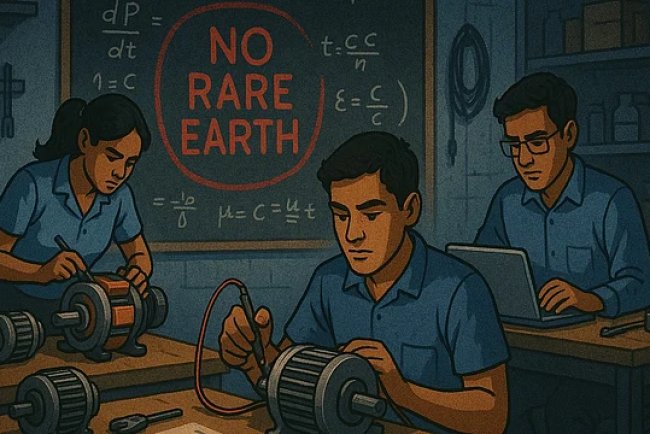Study: Environment, Emissions Overlooked in Sustainable Development Drive

Global inequalities in sustainable development goals are slowing progress, research shows
A new study released yesterday has unveiled that the diversity in the priorities of several nations is slowing progress in key sustainable development goals. This is because some nations have relegated certain essential issues to secondary importance, such as environment, carbon emissions, biodiversity, and malnutrition.
A paper published in Nature Communications assesses national-level achievement of 166 nations toward the 17 SDGs agreed to in 2015 by member nations of the UN under the overall framework of the 2030 Agenda for Sustainable Development. Among the 17 SDGs were zero poverty and hunger, quality education, health of the planet, gender equity, among many others.
But an international research team drawing on the collective experience of researchers in Australia, China, and Israel found that countries are making progress toward the goals at different speeds and with different priorities, thus creating a "polarized global landscape." This is bound to lead to the systematic neglect of many of the SDG targets, risking millions of being left behind.
The data for this study were sourced from both official and unofficial sources over the period of 2000 to 2022. Researchers calculated an SDG score for each country at three points: 2000, 2015, and 2022. This analysis shows that countries with high SDG scores are generally performing well in reducing poverty, increasing access to clean energy, ensuring clean air and water, and good health, innovation, and governance.
Countries with low SDG scores, on the other hand, have strengths in areas such as overnutrition, social and environmental impacts from international trade, and resource use, waste, and emissions. These countries also face challenges in achieving key environmental goals, including reducing carbon emissions and halting biodiversity loss.
It also identified a group of SDG indicators that certain countries have yet to pay attention to. These areas, dubbed "orphaned" SDG indicators, are on issues critical to human life, such as environmental quality, carbon emissions, biodiversity loss, and impacts of malnutrition. According to the researchers, these are the urgent areas where more focused action is needed.
For example, Ethiopia should focus on sanitation, and India on biodiversity. China has no way of controlling greenhouse gas emissions, and overnutrition in the United States does not show any drastic reductions.
The findings point toward the fact that different countries put emphasis on different goals because of different circumstances and different resources. Thus, one finds uneven global progress on the SDGs. This calls for a more balanced and inclusive approach to sustainable development.
Conclusion:This makes the study by the authors necessary for proper policy-making and cooperation at the international level. Once the gaps between countries are found, targeted approaches can be initiated to close them and make sure that no country or community lags behind. As the 2030 deadline to achieve the SDGs nears, the researchers concluded that there is a need for an in-depth review of the SDG framework. They emphasized that international cooperation to bridge all disparities ensures that the progress at the global level isn't just equitable but inclusive and makes no region or community left behind in pursuing sustainable development.
What's Your Reaction?

















